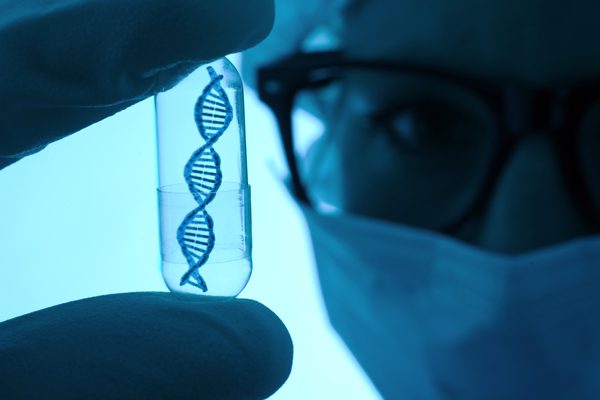 There is not one single gene that puts one person more at risk than another for becoming addicted to drugs and/or alcohol.
There is not one single gene that puts one person more at risk than another for becoming addicted to drugs and/or alcohol.
Many factors determine if a person will become addicted. Genetics make up 50% of the risk, while environmental aspects account for the other 50%. Not everyone carries exactly the same genes, and not everyone who has addiction in their family line will become addicted.
The Genetic Science Learning Center states, “Researchers often study large families to learn which genes may be making them susceptible to addiction. They begin by comparing DNA sequences of family members who are affected by addiction with those who are not, and they look for pieces of DNA that are shared among affected individuals and less common in the unaffected.” Because humans are complicated and diverse, research has been done on animals to find the genes that affect addiction. This article describes the discoveries, concluding that “a huge variety” of biological processes are at play in addiction.
New research is being done every day to help physicians better understand the genetic factors of addiction.
Studies have been conducted on the dopamine receptor known as D2. Brain imaging shows that people with fewer of these receptors are more likely to become addicted than individuals with many of them, and how many of receptors a person has is genetically determined.
Other studies are deepening knowledge of the genome’s role in how a person adapts to drug use, and to the process of addiction and recovery. All of these studies hope to reduce addiction and overdose mortality rates through better prevention and treatment. Incorporating genetic knowledge of addiction aids in the understanding of cravings, tolerance, anxiety, and cognitive functioning.
The Virginia Twin Study has shown that an individual’s risk for addiction directly correlates with the degree of genetic relationship to a relative that has an addictive disorder. The study claims that heredity of addictive disorders range from .39 for hallucinogens to .72 for cocaine abuse. The study also showed that the initial use of nicotine, marijuana, and alcohol in adolescents relies heavily on familial and social variables.
Although studies have proven a direct relationship between DNA and addiction, genetics only counts for about half of what makes a person prone to addiction. Environmental factors also play a strong role in addiction and in one’s ability to quit.
If your family is struggling with addiction, do not feel alone. No family is perfect. Getting into counseling can only make your family stronger. Please contact us today at (770) 202-2212 to learn how our alcohol rehabs near Metro Atlanta area can help.
References:




